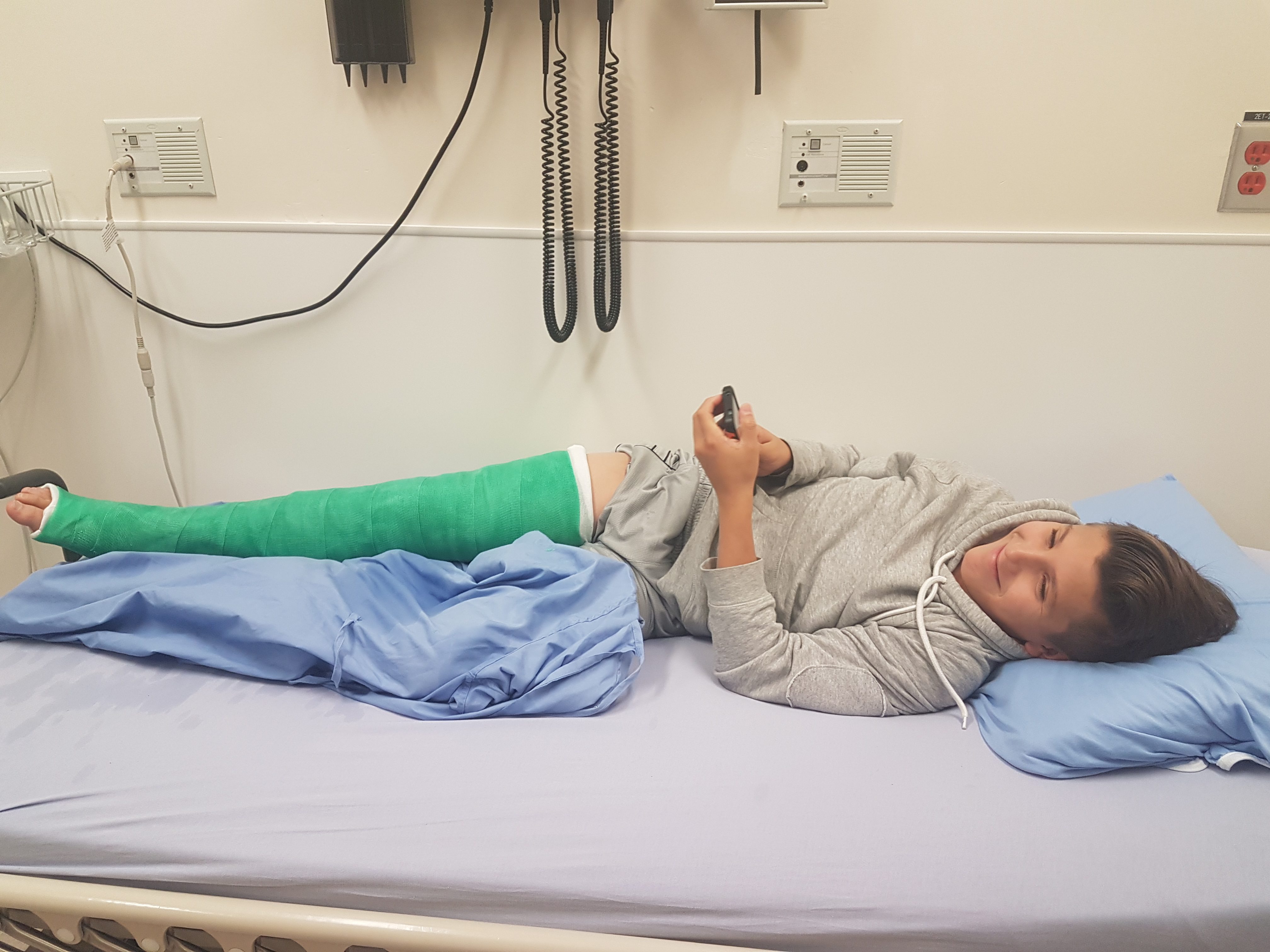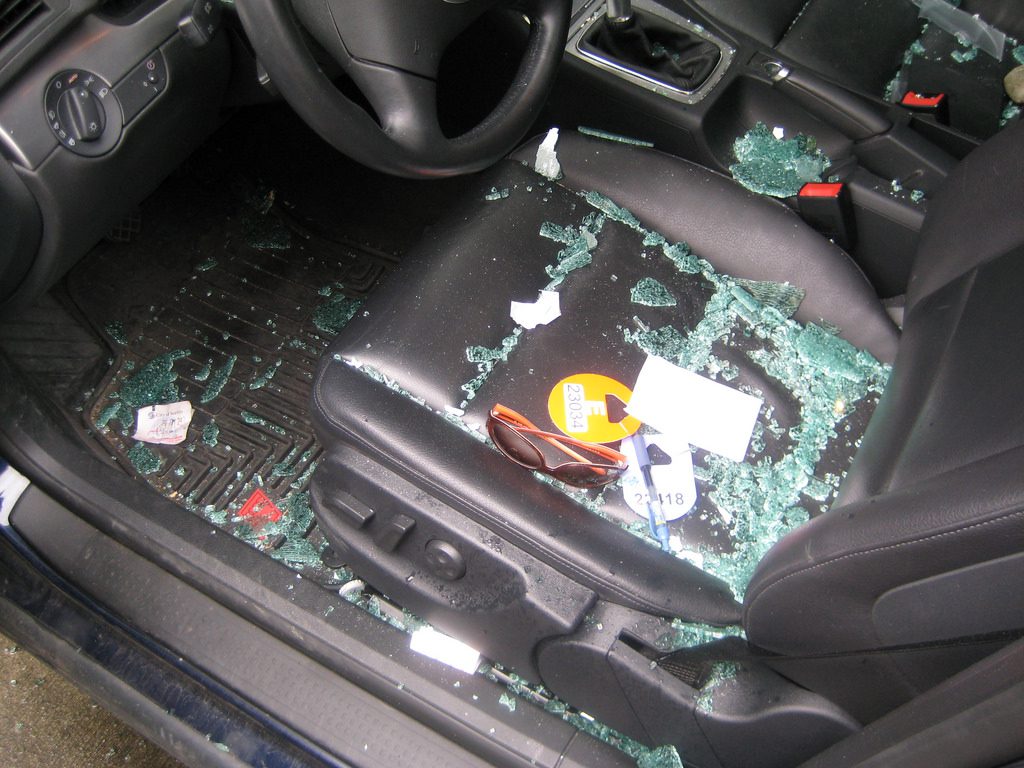In a previous article, I went over the Collision/Loss Damage Waiver (CDW/LDW) rental car companies offer, ways you might already be covered, and other ways to purchase coverage. There are three additional types of coverage that car rental companies offer. These policies cover your exposure to personal liability or medical expenses resulting from an accident with the rental car, and they give you protection if your property is stolen from the vehicle. You may or may not need these types of coverage so it’s important to know what they are and how you may already be covered.
Please note that this information is for a car rented in the United States. If you are a U.S. resident and are renting outside the U.S., your auto, homeowners, or medical insurance may not cover you, and purchasing these forms of coverage may be advisable (or even mandatory). The same applies to international travelers renting a car in the U.S. Please note that I’m neither an insurance agent nor an expert, so I recommend reading the policies, including but not limited to, the sections regarding policy limits, deductibles, and exclusions, before making any decisions.
Supplemental Liability Insurance (SLI) or Liability Insurance Supplement (LIS)
While the CDW protects you from damage to the rental car, this coverage gives protection for damages caused by you while DRIVING the car. This includes property damage (to someone else’s car, house, store or any other physical damage) as well as injuries caused by your negligence. These claims can be quite costly so it pays to be covered and, although some credit cards will pay for CDW, none will provide coverage for SLI/LIS.

LIS/SLI coverage sold by car rental companies typically provides up to $1,000,000 worth of coverage. Instead of purchasing this coverage, you may already have other types of insurance that will cover these expenses.
Almost all states require vehicle owners, in this case, car rental companies, to carry a minimum amount of liability coverage to register the car. However, companies will usually only provide coverage for the bare minimum legally required, and that’s unlikely to cover you if you total someone else’s $40,000 car. If you have your own auto insurance, that will usually cover you up to your policy limits. This is similar to how your own insurance will cover you for damages to a rental car, making the need to buy the CDW unnecessary. If you’re comfortable with the coverage on your own car (and if you’re not, look into that), you shouldn’t need the liability coverage.
One option for individuals who do not own a car but frequently rent one is a non-owner car insurance policy. These policies provide liability protection when driving a rental car or if you’re driving a car that you are borrowing from a friend or family member. If you have a homeowner’s policy, calling your insurance company is the best place to start. Otherwise, you’ll have to shop around and request quotes, as most companies do not provide online quotes for these policies.
If you have a lot of assets (money and stuff), you might look into getting an umbrella liability policy with your homeowners or renters insurance company. Just like the name implies, this policy will cover you for any liability claims, including those that happen while driving a rental car.
However, if you don’t have any other type of insurance, paying the car rental company $10 a day or so for this coverage isn’t such a bad deal.
Personal Accident Insurance – (PAI)
This coverage, which typically costs a few dollars a day, provides protection for expenses such as medical bills and ambulance costs, as well as an accidental death benefit. If you have your own medical insurance or Personal Injury Protection (PIP) on your auto insurance, you are already covered for these expenses, so coverage is unnecessary.
If you need life insurance, you should hopefully already have it, so paying for accidental death insurance is not necessary.
Personal Effects Coverage (PEC)
Having something stolen from your rental car is never fun, but it does happen more often than you might think (especially when people leave personal possessions visible in the car). The standard personal effects coverage offered by rental car companies typically covers you for up to $500 per person and $1,500 per incident.

If you have homeowners or renters insurance, you already have coverage for your personal property, even when you’re traveling. If something is stolen from your rental car, you can submit a claim, but you’ll need to meet the deductible outlined in your policy. So if the only thing stolen from the car is an inexpensive digital camera, it won’t be worth making a claim. Beware that there is often a maximum amount per item, so if you’re traveling with, or own, anything particularly expensive (like jewelry), you may need to inform your insurance company and pay a little extra to cover that item.
PEC coverage from the car rental company runs only a few dollars a day, but the coverage is minimal. Five hundred dollars of coverage seems like a lot, but if your $1,500 camera is stolen from your car, you’re still going to have to pay a bunch of cash out of pocket to replace it. This coverage is also secondary, so if you want to use it, you’ll still need to make a claim on your own insurance, if you have any, and then the PEC coverage will pay for the remaining amount that isn’t covered.
If someone steals an item you just purchased, you may be covered by your credit card’s purchase protection. This will cover items that were purchased within the last 60-120 days (depending on the card). That means you’re also covered for items purchased just before your trip, such as new noise-canceling headphones or a new phone. Just make sure you use a card that has this type of coverage.
Final Thoughts
Between this and my previous article, you now have a rundown of the four types of coverage rental car companies offer. I suggest checking if you already have insurance that will cover these expenses. You can then set your preferences as needed with the rental car companies and skip the rental line entirely. After all, avoiding the sales pitch was the goal of this process all along.
You now have the information on how to get a cheap rental car and how to skip the big three add-on prices for rental cars:
- Prepaid Gas
- Toll Charges
- And now, Insurance Coverage.
With this information, you’ll be able to get out of the airport as quickly as possible and get to enjoy your vacation (or get to your hotel to prepare for your work meetings).
Want to comment on this post? Great! Read this first to help ensure it gets approved.
Want to sponsor a post, write something for Your Mileage May Vary, or put ads on our site? Click here for more info.
Like this post? Please share it! We have plenty more just like it and would love it if you decided to hang around and sign up to get emailed notifications of when we post.
Whether you’ve read our articles before or this is the first time you’re stopping by, we’re really glad you’re here and hope you come back to visit again!
This post first appeared on Your Mileage May Vary
